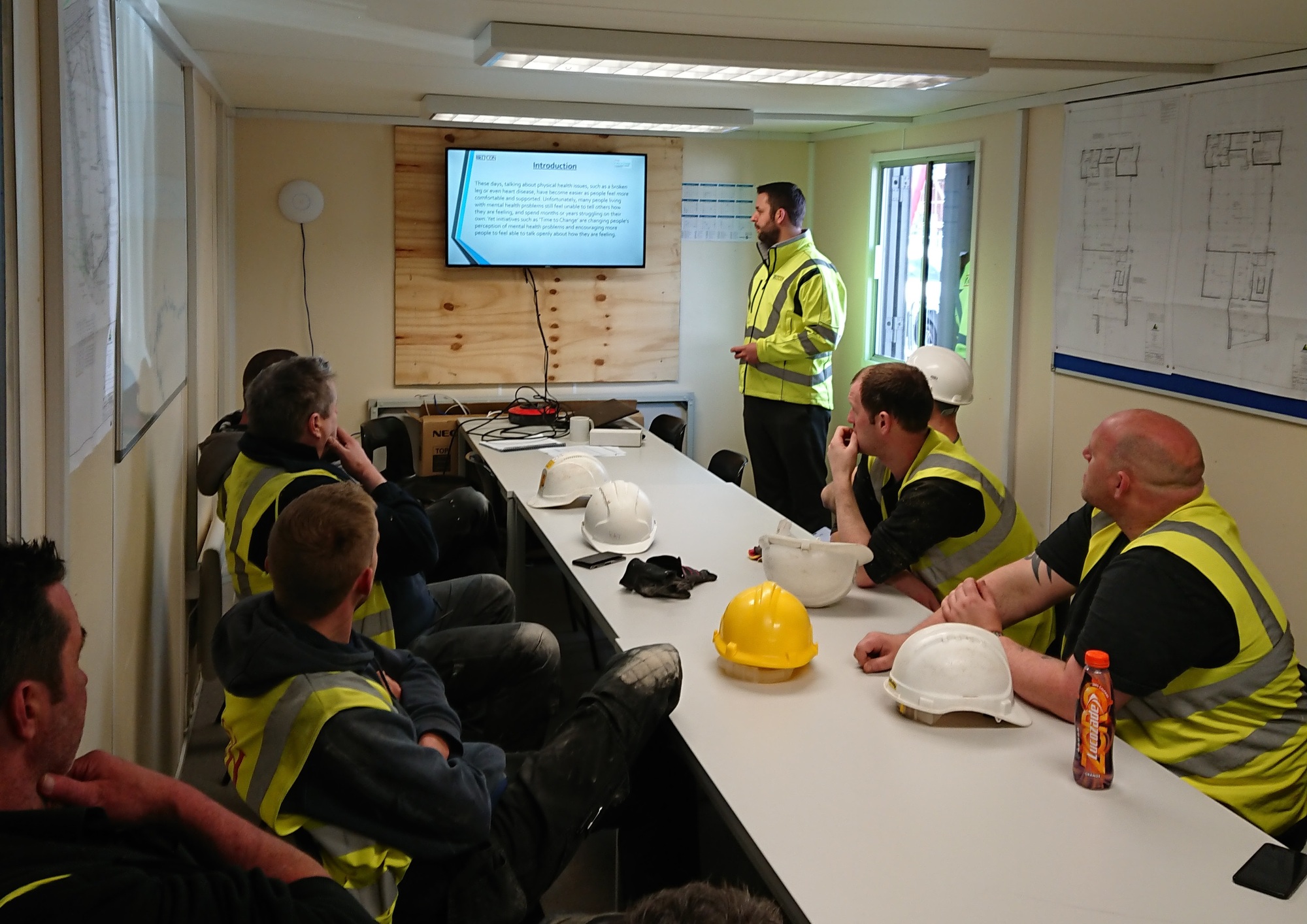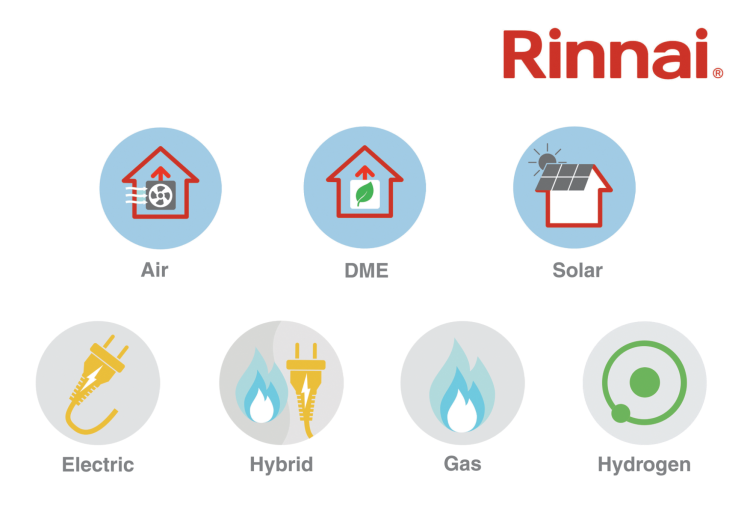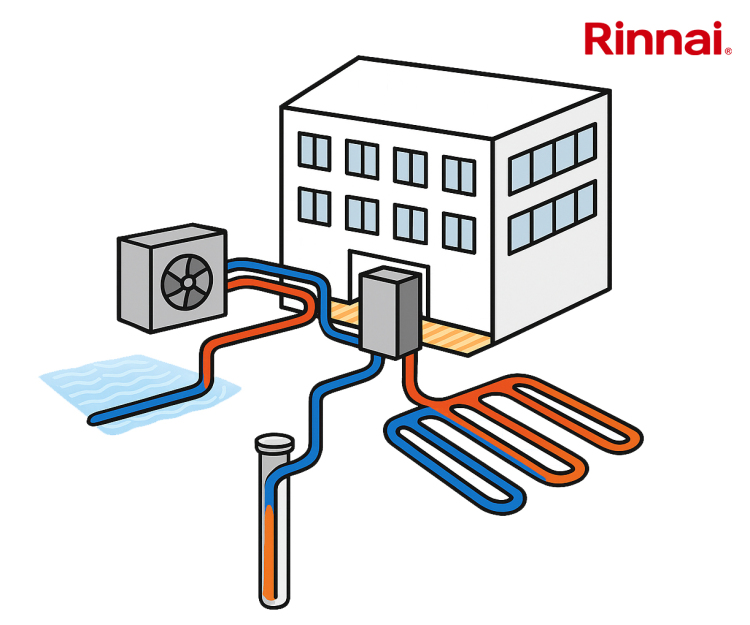- Content
- News
- Mental Health Awareness Week - Vegetarian Week
11 May 2018 | Updated 22 May 2018
Mental Health Awareness Week runs 14-20 May - the same dates as Vegetarian Week.
Mental Health Awareness Week
Hosted by the Mental Health Foundation, this year Mental Health Awareness Week runs 14-20 May, with relevant organisations and engaged employers focusing on stress.
Research has shown that two thirds of us experience a mental health problem in our lifetimes and stress is a key factor in this.
By tackling stress, employers can go a long way to tackle mental health problems such as anxiety and depression.
'Lettuce’ celebrate National Vegetarian Week
National Vegetarian Week also runs from 14 - 20 May - an again employers can advocate a healthy diet to staff especially where they operate catering facilities.
A vegetarian diet can be a wonderful way of adding colour, texture, variety, heart-healthy fibre and antioxidants. Food can still be tasty and filling without meat in it and it’s also generally lower in saturated fat, which is great for your heart.
There are so many healthy and tasty alternatives to meat - veggie does not mean boring! Soya protein can be used in burgers, bolognese, curries and has much lower saturated fat content; it may even reduce harmful cholesterol.
Going veggie can also save a few pennies too. Fruit and vegetables don’t have to be fresh to count towards your 5 a day; in fact there are many other ways to include a variety of them in your diet at a lower cost while still tasting good. Stock up on tinned beans, pulses and frozen veg, and pocket the pounds and the goodness.
Rice, grains, chickpeas, beans and lentils make a good base for many vegetarian dishes. The soluble fibre in these traditional meat replacements help to mop up cholesterol, and keep you fuller for longer. Experiment with different varieties such as arborio, basmati, long and short grain, brown and wild rice, as well as couscous and bulgar wheat which can be eaten hot, or cold in salads, and are great for leftover lunchboxes.
Unsalted nuts and seeds such as walnuts, almonds and linseeds not only give you a meat-free alternative to protein but they’re packed with heart healthy fats. TV chef and Heart Research UK ambassador Sally Bee has a scrumptious nut roast recipe you’ll go nuts for. Or why not go for a nutty pesto and pasta meal, rather than a beef ragu.
Mental Health Campaign
National building and engineering company, Britcon has announced that it is taking part in the Stop. Make a Change campaign across its 400-strong workforce in the UK.
The initiative, driven by the Civil Engineering & Contractors Association (CECA), is a national stand down which aims to raise better awareness about construction industry health and safety and mental health.
In April 2017 the campaign was launched for organisations from across the UK infrastructure sector to take part. Sites, offices and production facilities stopped current works to focus on working together to build a healthier and safer industry. In 2018, the campaign expanded to the wider industry.
The campaign focuses primarily on two key priorities, Mental Health and Plant Safety. Currently, one in four people will suffer from mental health issues each year, with more than 400,000 days being lost to work-related stress, anxiety and depression in construction.
Construction relies heavily on the use of mobile plant to support delivery on site and with 217 people killed in the industry over the last five years and around 10 per cent hit by moving vehicles, awareness and training needs to happen continually.
Paul Clarkson, Managing Director at Britcon said, “By taking part in Stop. Make a Change, we have committed heavily by signing up to cross-industry initiatives and leading our own change programmes within the company.
“Through planning and organisation our Health & Safety team has developed a bespoke training programme and visited all of our current and live sites to conduct a training programme on both mental wellbeing and plant safety."
Spotlight on Mental Health in the Construction Industry
By Solicitors Kara Price and Sarah Wales at transatlantic law firm Womble Bond Dickinson.
What's the problem?
Male site workers in construction are three times more likely to commit suicide than the average UK male. This shocking mental health statistic is a vivid reminder of the difficulties faced by many working in the construction industry every day. Troubling data from the Office of National Statistics found that between 2011 and 2015, of the 13,232 in-work suicides recorded, those within the skilled construction and building trades made up 13.2 per cent – despite construction accounting for little over 7 per cent of the UK workforce.
Why construction?
The construction industry lifestyle is undoubtedly both challenging and stressful. Long and demanding working hours, working away from home on site for weeks at a time and the lingering unease in the industry, particularly following Carillion's recent collapse, are just some of the factors contributing to poor mental health. In a workforce that is predominantly male, specific risks associated with male mental health also need to be considered. The "tough guy" image widespread in the construction industry is very much to blame. Asking for help and opening up about emotions are just not things that come naturally to many of those working in the industry. The combination of these factors results in many suffering in silence.
Know the signs
Whilst poor mental health can manifest itself differently from individual to individual, the Construction Financial Management Association has set out some useful signs to look out for that can indicate poorly managed or untreated mental health conditions:
-
Increased lateness, absenteeism and presenteeism (showing up to work physically, but not being able to function).
-
Decreased productivity due to distraction and cognitive slowing.
-
Lack of self-confidence.
-
Isolation from peers.
-
Agitation and increased interpersonal conflict among co-workers.
-
Increased voluntary and involuntary attrition.
-
Increased feelings of being overwhelmed.
-
Decreased problem solving ability.
What can employers do?
The statistics as they stand are clearly unacceptable – mental health needs to be made an urgent priority by all employers in the construction industry. Emily Pearson, Head of Workplace Wellbeing at Be. The Centre for Wellbeing (a mental health charity based in Newcastle upon Tyne specialising in corporate mental health and workplace wellbeing) has provided the following steps that all employers can take to actively improve the health and wellbeing of their workforce.
1. Culture check - Undertake a culture check to establish the culture of the workforce and where there may be particular pain points for staff due to job design and work related stress;
2. Culture change - A change in the culture surrounding mental health needs to start at the top. Leadership teams can show commitment to creating a culture change towards mentally healthier workplaces and workforces by signing the Time to Change Pledge or by investing in a Workplace Wellbeing Strategy to create culture change in a safe and structured manner;
3. Mental health safety net - Employers should ensure their employees have access to and are aware of support available through counselling and therapy services;
4. Up-skilling and education - Team leaders responsible for supporting employees should have sufficient knowledge and skills to be able to spot the signs of poor mental health and to provide support and guidance;
5. Peer support - Employers should up-skill and educate employees so they can look out for any peers who may be struggling with their mental health. Knowing how to start the conversation and knowing how to safely signpost peers to mental health services can make a huge difference at the early signs of mental health difficulty;
6. Reduce stigma - Employers need to reduce stigma, raise awareness, change attitudes and provide knowledge to empower employees to look after their mental health and wellbeing; and
7. Embed and repeat - It is essential that employers continue to provide these interventions, services and training in order to embed culture change – not just tick the mental health box.
Commercial Factors
Employers need to prioritise mental health in the workplace for commercial reasons too. Unrecognised and unsupported mental health issues can have a massive impact on a company's revenue. According to the National Building Specification, mental health issues account for people taking almost 70 million days off sick per year – the most of any health condition – costing the UK economy between £70 billion and £100 billion a year.
What can everyone do?
Established in 2016 by the Health in Construction Leadership Group with the support of the British Safety Council, Mates in Mind, aims to make sense of the options and support available to employers and individuals. As well as providing guidance for employers, it also provides useful tools for employees.
But the easiest thing that we can all do is talk. If you are concerned about a colleague, ask them if they're ok. See if they want to go for a walk or a cup of tea at lunchtime. Generally create a safe environment so they can open up to you if they need to.
Even if you don't suspect a colleague is struggling, be careful of the language you use anyway. Insensitive words or phrases can increase the stigma surrounding mental health and make it even harder for the people around you to feel like they can talk about any issues they're facing.
Conclusion
Physical health and safety is already taken extremely seriously in the construction industry however statistics suggest that the most dangerous thing on a building site is the human mind. In a time where suicide kills more people in the construction industry than falls from height, it is only right that mental health and safety is given the same level of thought, time and investment as other site hazards to ensure that the workers in the industry are truly protected.
The industry has taken steps to reduce the stigma around mental health and to improve support but there is more that each and every one of us can do just by being aware of the signs and encouraging people to talk. Do not underestimate the impact you can make just by talking to someone. You could change someone's life.
Get support
Construction Industry Helpline 0345 6051956 – managed and funded by the Lighthouse Construction Industry Charity.
Mind, the mental health charity 0300 1233393 – provides advice and support to anyone experiencing a mental health problem.
The Samaritans 116 123 – confidential 24 hour support for people who are experiencing feelings of distress, despair or suicidal thoughts.
Be. The Centre for Wellbeing 0191 6913500 – specialists in workplace wellbeing
Picture: Organisations and engaged employers will be focusing on stress this Mental Health Awareness Week, which runs 14-20 May.
Article written by Brian Shillibeer | Published 11 May 2018
Share
Related Articles
BS 30480:2025 Suicide and the Workplace First Steps – What FMs Need to Know
Caroline Roodhouse, Suicide Postvention Advocate, outlines the UK’s first formal framework for organisations to understand the risks of suicide and take meaningful,...
Read Full Article
Mental Health Conditions Remain Primary Driver of Work-Related Illness
The Health and Safety Executive has published its annual statistics on work-related ill health and workplace injuries for 2024/25.
Mental health conditions remain the...
Read Full Article
BSI Publishes UK’s First Workplace Suicide Risk Standard
New guidance to help employers support people affected by suicide and those with thoughts of suicide in the workplace has been published by The British Standards...
Read Full Article
TradeHive Launches Trial to Connect Construction Workers with Mental Health Support
A new digital learning and wellbeing platform to connect construction workers with tailored mental health support will be piloted over the next year.
Two construction...
Read Full Article
The Chartered Institute of Building Launches 3rd Phase of Mental Health Research
A landmark survey into the mental health issues facing those working in construction and the built environment has launched.
The Chartered Institute of...
Read Full Article
Mental Health Workshop Series Available for Security Sector Professionals
A charity that works with armed forces' veterans is now offering a series of trauma awareness training for security employers.
In conjunction with Assist Security...
Read Full Article
Succession Actor Brian Cox Lends Voice to Desk Break Mental Health Campaign
Actor Brian Cox has joined the campaign to raise awareness that continuous desk work negatively affects stress levels.
A global report exploring the impact of daily...
Read Full Article
First Response Group Joins Security Consortium for the Prevention of Suicide
To mark World Suicide Prevention Day, security services provider First Response Group has joined the Security Consortium for the Prevention of...
Read Full Article
Government Proposes ‘Right to Switch Off’
The government is proposing to consult on the “right to switch off” for employees.
This would give employees the right to digitally disconnect from...
Read Full Article
East London NHS Trust Wins ‘Estates and Facilities Team of the Year’ Award
The facilities team at the East London NHS Foundation Trust has won a prestigious “Design in Mental Health” Award.
The estates team was shortlisted in a...
Read Full Article


.gif)

.gif)
.gif)







.png)

